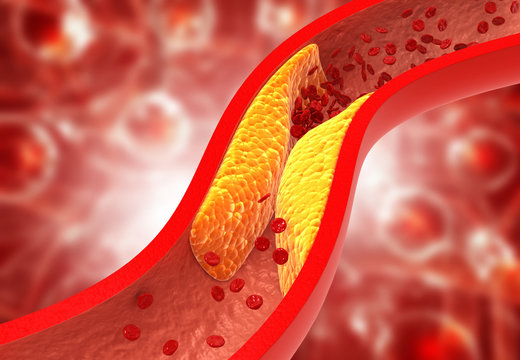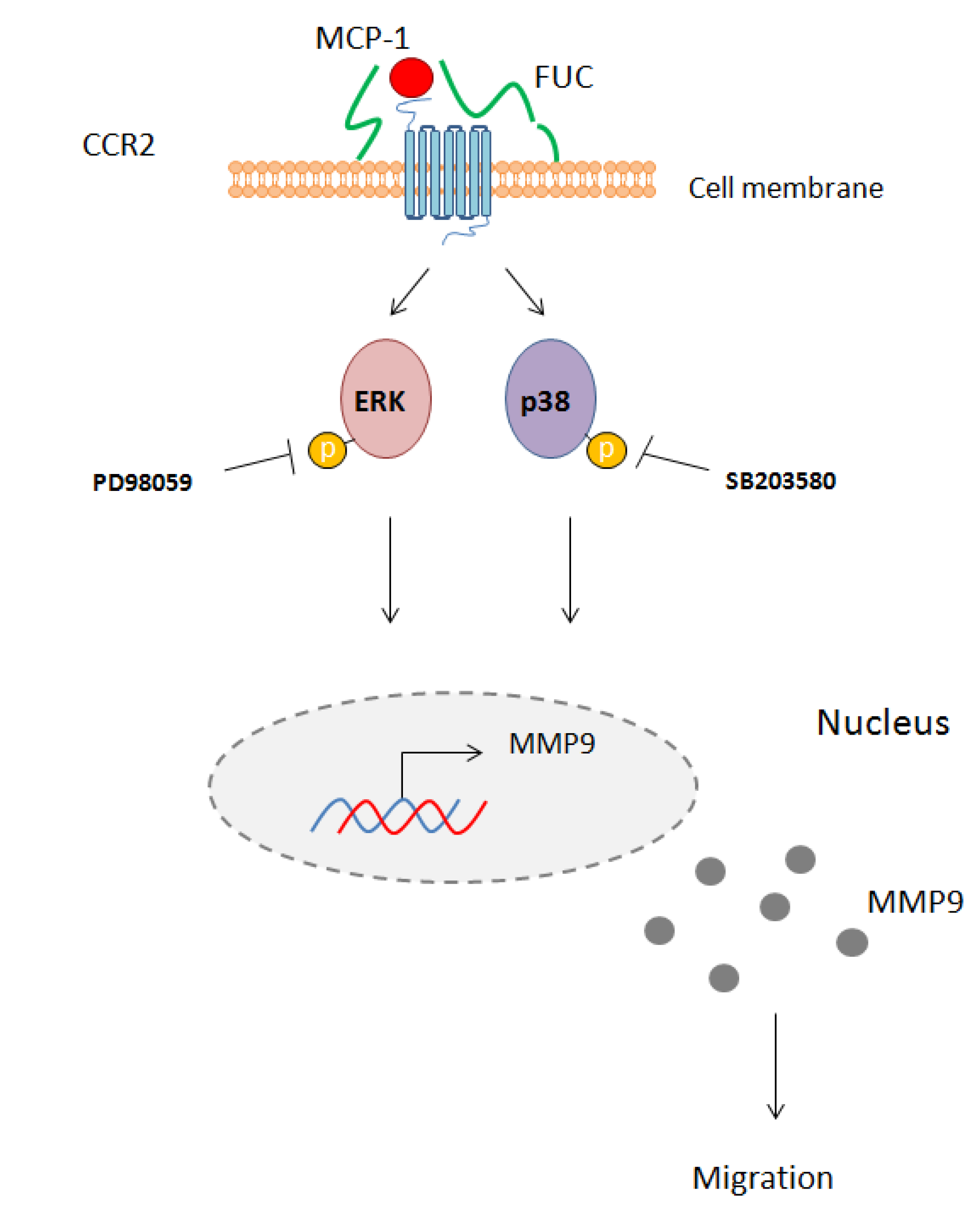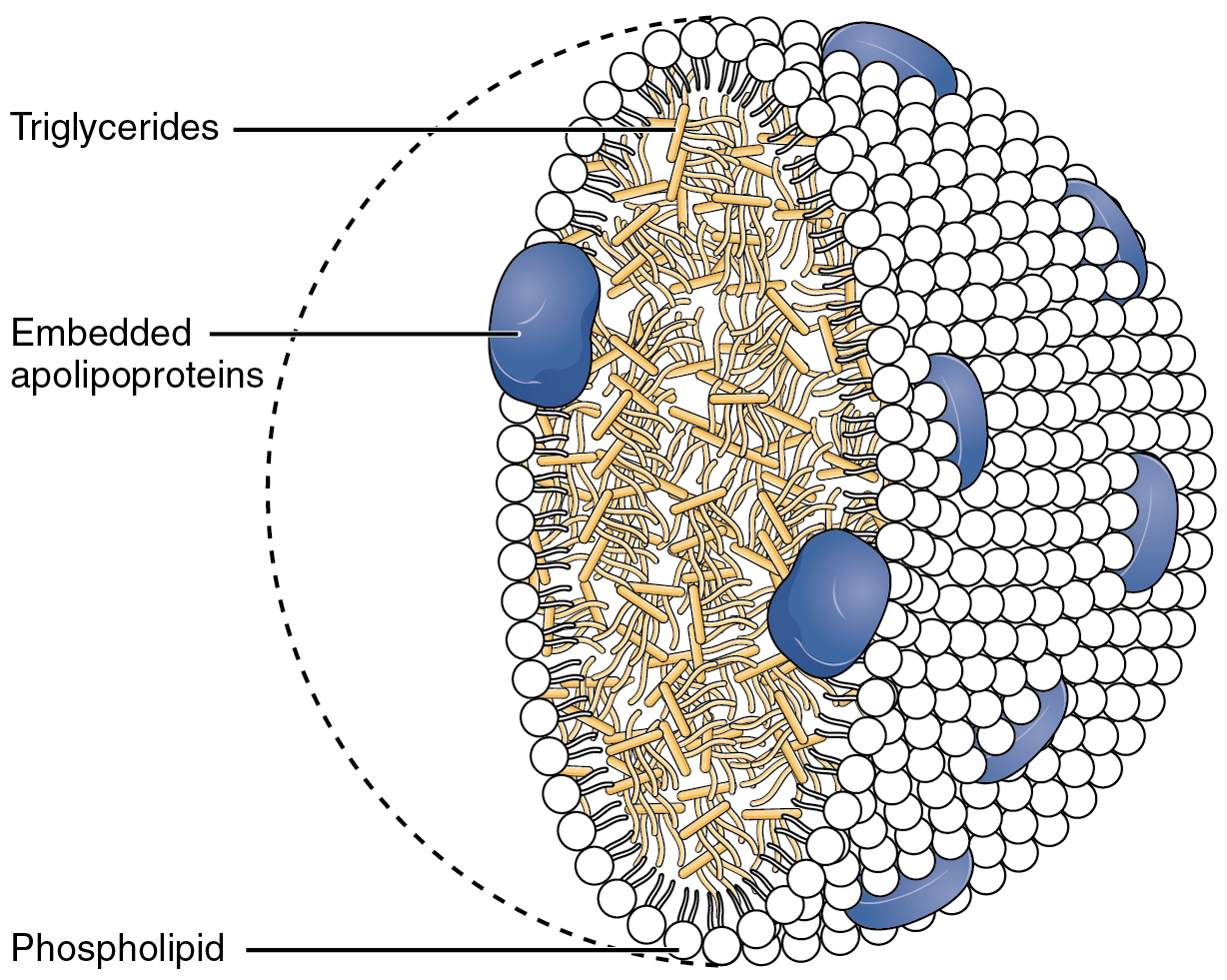In this blog, I would like to dig deeper into cardiovascular diseases and how Fucoidan’s anti-inflammatory nature benefits our heart’s health.
Among most cardiovascular diseases, Atherosclerosis is well-known for its risk factors. Atherosclerosis, a condition in which the artery wall becomes abnormalities, also called lesions, can occur in any artery in the body. However, it is most severe when it leads to a diminished or blocked blood supply to the heart or brain. When it occurs in one of the two major coronary arteries that supply the heart with blood, it causes a heart attack according to the article “HRI-Atherosclerosis is the main underlying cause of the cardiovascular disease (CVD).” Hence, if you eliminate the cause of Atherosclerosis, you can prevent CVD. As mentioned, I want to share how to prevent Atherosclerosis by using Fucoidan.

According to the research by Tatyana Zaporozhets et al. of “Prospects for the therapeutic application of sulfated polysaccharides of brown algae in diseases of the cardiovascular system: review,” chronic inflammation of Atherosclerosis is primarily initiated by the accumulation of cholesterol-containing macrophages (foam cells) on the walls of large and medium-sized arteries without proper removal of cholesterol by high-density lipoproteins. Macrophage Class A scavenger receptors are believed to be one of the primary receptors involved in forming foam cells and mediate the influx of lipids into macrophages. Foam cells are involved in the inflammatory process and tissue remodeling within the intima by the secretion of active molecules (inflammatory cytokines, complement factors, coagulation factors, prostaglandins, leukotrienes, proteolytic enzymes).

Oral administration of Fucoidan lowered cholesterol, triglyceride, and LDL cholesterol levels in obese mice. Fucoidan anti-inflammatory effects may be involved due to the competitive blockade of macrophage scavenger receptors. Fucoidan is a ligand and affects adipocytes that are involved in lipid exchange and accumulate lipids.
Additionally, Fucoidan’s ability to stimulate the intracellular transport of lipoprotein lipase and reduce its degradation in adipocytes suggests that Fucoidan can be used to inhibit lipid accumulation.
Fucoidan’s effect is also associated with increased mRNA expression of the gene encoding lipoprotein lipase and induction of secretion of apolipoprotein C-II, a cofactor involved in the activation of lipoprotein lipase in capillaries. These data explain Fucoidan’s ability to regulate dyslipidemia by limiting the lipids absorption (total cholesterol and bile acids), activating metabolic enzymes, and increasing LDL expression.
It is shown to suppress that Fucoidan’s involvement in regulating triglyceride clearance in plasma causes 3T3-L-preadipocyte lipid production by inhibiting the MAPK signaling pathway through adipose-producing transcription factors such as p38 MAPK, ERK, and JNK.

Fucoidan also blocks the binding of heparin-binding proteins to monocytes.
These studies suggest that Fucoidan’s inclusion in lipid metabolism regulation may help prevent or treat atherosclerosis-related diseases.
